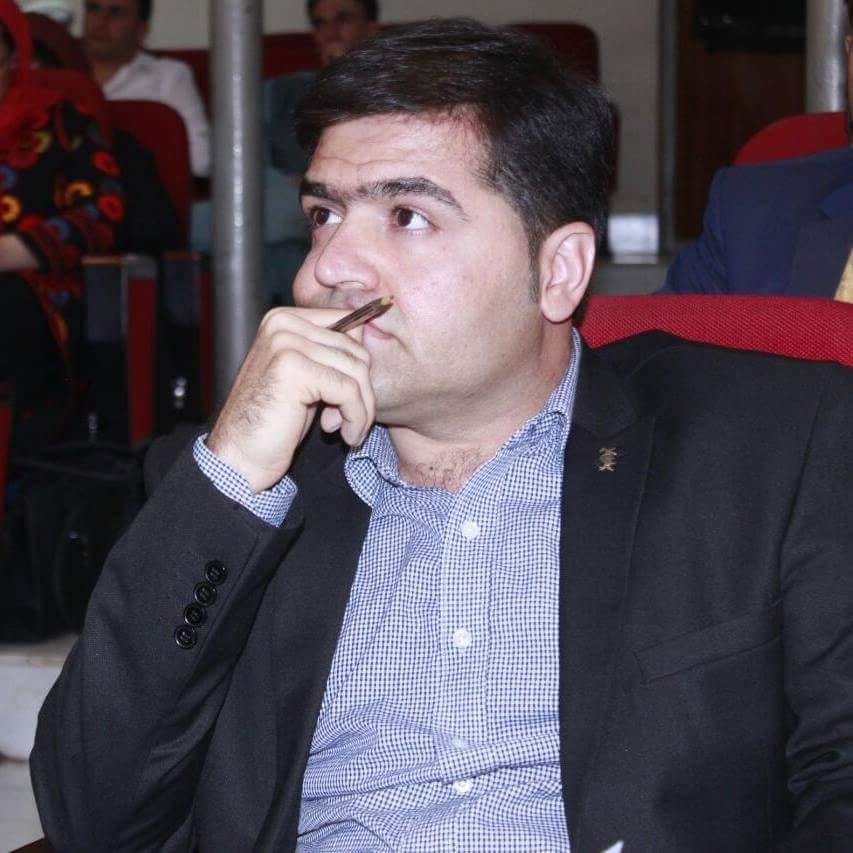Berlin, 26 September 2024 — The German Nationwide Coordination Circle against Human Trafficking (KOK e.V.) has released its 2024 informational report titled “The Reform of the EU Anti-Trafficking Directive: Good Approaches and Missed Opportunities.” In this publication, the KOK offers a critical assessment of the EU’s revised anti-trafficking directive, which came into force in July 2024.

While the report acknowledges some positive aspects of the reform, it highlights key shortcomings, particularly its failure to significantly enhance the rights of human trafficking victims and its inadequate consideration of current trends such as digitalization.
According to Dr. Adina Schwartz, KOK board member, “The EU had the opportunity to present a human rights-based directive that placed the rights of trafficking victims at the forefront. Unfortunately, this chance was missed, and much work remains to be done.”
The KOK calls on German lawmakers to be proactive in their national implementation of the directive, utilizing the flexibility allowed by the EU to exceed the directive’s minimum standards. “It is crucial that Germany now leverages the national implementation of the directive’s regulations to improve the situation for trafficking victims,” added Sophia Härtel, KOK’s legal expert.
The publication also provides a set of recommendations from researchers and civil society groups, intended to fuel further discussions on the topic.
Background and Reactions
The EU’s Anti-Trafficking Directive has long been a contentious issue, with advocates pushing for stronger protections for victims and enhanced measures to combat modern forms of trafficking. Proponents of the new directive argue that it represents progress in addressing human trafficking across EU member states, particularly with its inclusion of digitalization efforts.
However, critics, like the KOK and other human rights organizations, argue that the reforms fall short of providing sufficient safeguards for victims, especially in terms of human rights protections and tailored support systems. These groups continue to call for more robust national legislation to fill the gaps left by the directive.